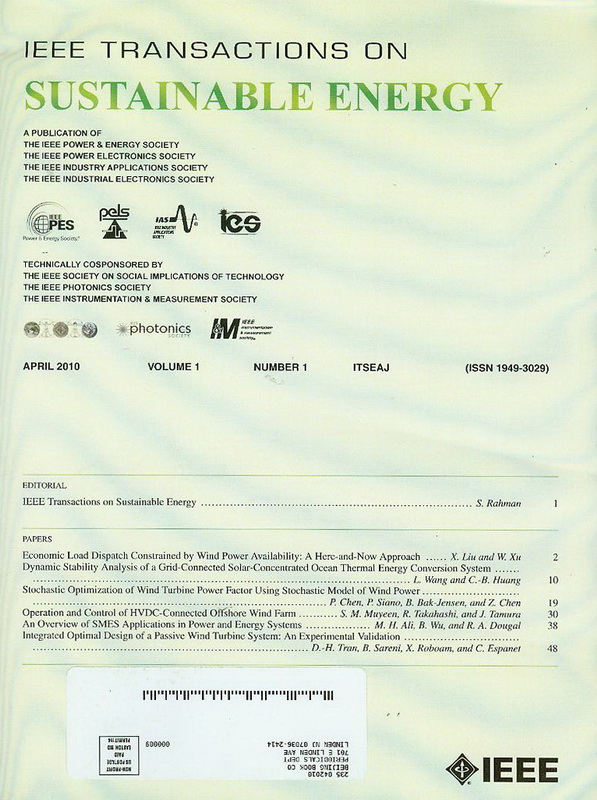实现分散运行的联网微电网分级协调:一种安全的深度强化学习方法
IF 10
1区 工程技术
Q1 ENERGY & FUELS
引用次数: 0
摘要
多个单个微电网可以整合为一个联网微电网系统,以提高技术和经济效益。本文提出了一种两阶段数据驱动方法,用于分层协调单个微电网,使其在联网微电网(NMG)系统中分散运行。第一阶段以小时为单位调度微型涡轮机和储能系统(ESS)的有功功率输出,以实现能量平衡和成本最小化,其中储能系统由本地 P/SoC 下降方案控制。在第二阶段,基于 Q/V dropop 控制器,每三分钟对光伏逆变器的无功功率输出进行调度,旨在减少网络电能损耗,并在实时不确定情况下调节电压。在离线训练阶段,训练多代理深度强化学习模型来学习最优协调策略,并通过安全模型框架进行增强。在线应用时,训练好的代理可以以分散的方式在本地工作,无需信息交换,安全模型也可用于监控和指导在线行动,以确保安全合规。数值测试结果验证了所提方法的有效性和优势。本文章由计算机程序翻译,如有差异,请以英文原文为准。
Hierarchical Coordination of Networked-Microgrids Toward Decentralized Operation: A Safe Deep Reinforcement Learning Method
Multiple individual microgrids can be integrated as a networked microgrid system for enhanced technical and economic performance. In this paper, a two-stage data-driven method is proposed to hierarchically coordinate individual microgrids towards decentralized operation in a networked microgrid (NMG) system. The first stage schedules active power outputs of micro-turbines and energy storage systems (ESSs) on an hourly basis for energy balancing and cost minimization, where ESSs are controlled by a local P/SoC droop scheme. In the second stage, the reactive power outputs of PV inverters are dispatched every three minutes based on a Q/V droop controller, aiming to reduce network power losses and regulate the voltage under real-time uncertainties. At offline training stage, a multi-agent deep reinforcement learning model is trained to learn an optimal coordination policy, enhanced by a safety model framework. For online application, the trained agent can work locally in a decentralized manner without information exchanges, and the safety model can also be applied to monitor and guide online actions for safety compliance. Numerical test results validate the effectiveness and advantages of the proposed method.
求助全文
通过发布文献求助,成功后即可免费获取论文全文。
去求助
来源期刊

IEEE Transactions on Sustainable Energy
ENERGY & FUELS-ENGINEERING, ELECTRICAL & ELECTRONIC
CiteScore
21.40
自引率
5.70%
发文量
215
审稿时长
5 months
期刊介绍:
The IEEE Transactions on Sustainable Energy serves as a pivotal platform for sharing groundbreaking research findings on sustainable energy systems, with a focus on their seamless integration into power transmission and/or distribution grids. The journal showcases original research spanning the design, implementation, grid-integration, and control of sustainable energy technologies and systems. Additionally, the Transactions warmly welcomes manuscripts addressing the design, implementation, and evaluation of power systems influenced by sustainable energy systems and devices.
 求助内容:
求助内容: 应助结果提醒方式:
应助结果提醒方式:


